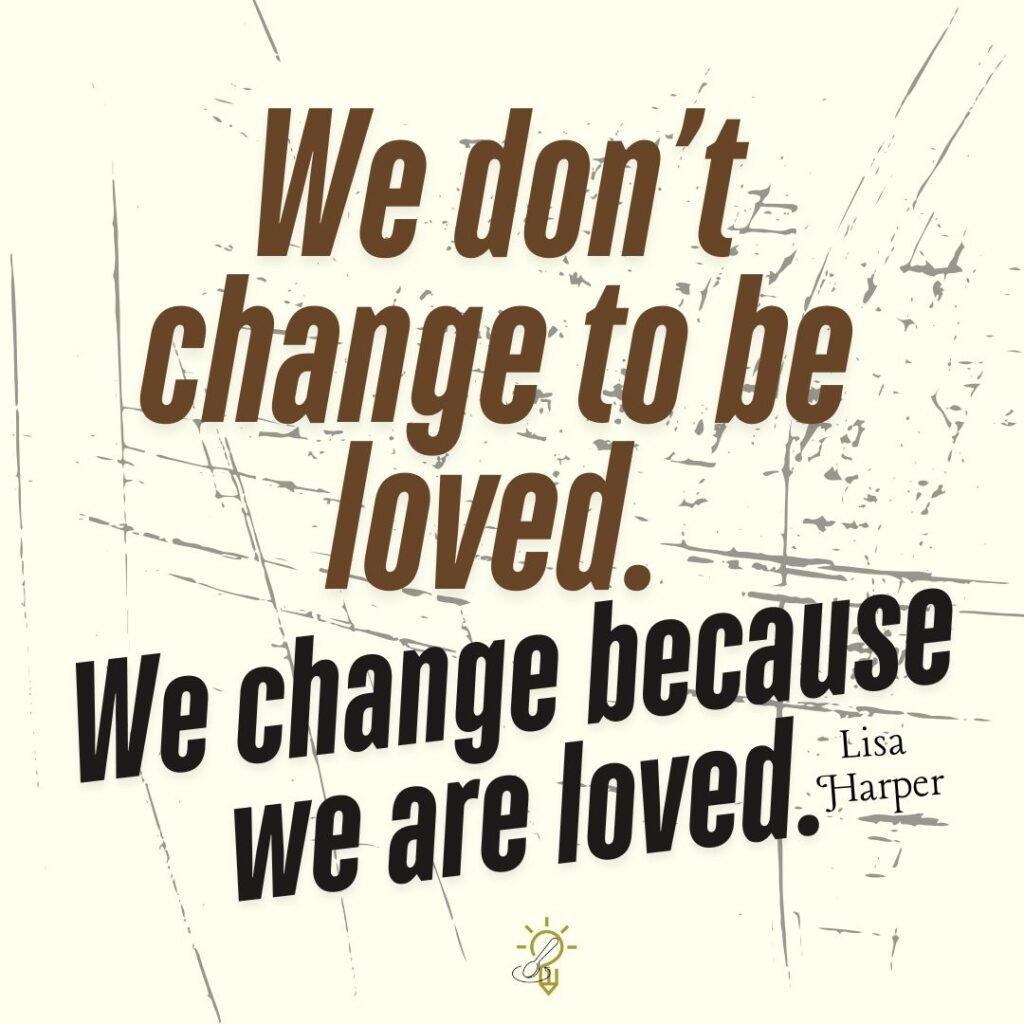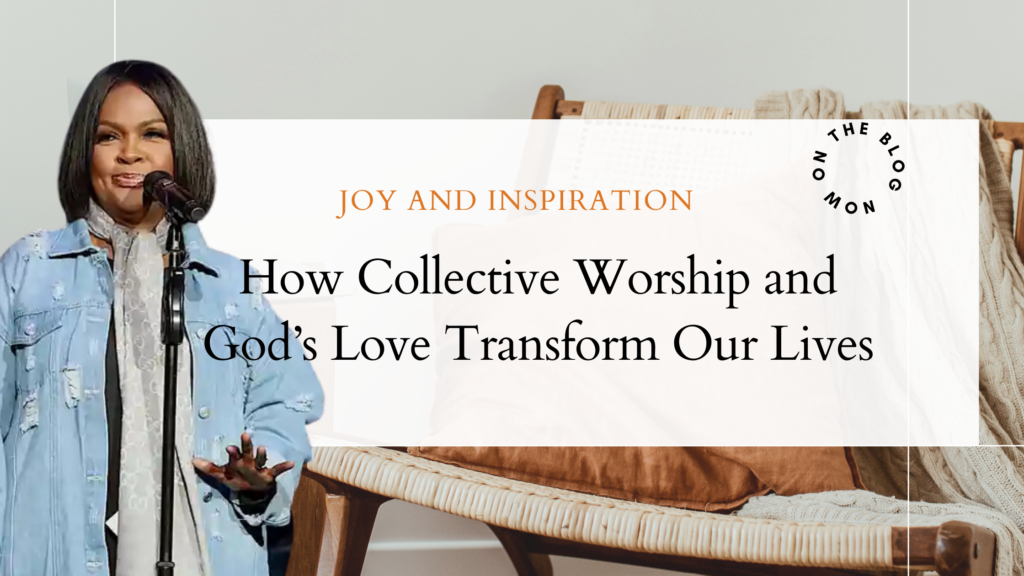What Does It Mean to Be Shaped Like Jesus?
It all started with listening to Lisa Harper’s podcast, Back Porch Theology. She asked a powerful question,actually that was the title for that episode: What does it mean to be shaped like Jesus?
Lisa spoke about John, the disciple, and how he leaned into his identity as the disciple that Jesus loved. He even signed the book of John that way—repeatedly. Today, people might call that blasphemous or overly pious, but John saw something deeper. He wasn’t boasting; he was resting in his belovedness.
The Power of Leaning Into Belovedness
Lisa reflected on her own journey of leaning into God’s love, saying:
“All those years, John accomplished so much—planting churches, writing, discipling. But when he gets to this moment in the story, when according to tradition, he should establish his credibility, he simply says, I’m the one who leaned against Jesus. It’s not about his bio—it’s about his belovedness. And as I reflect on my own 60 years, if I had to define myself, could I say the same? Could I say, Jesus? The embrace of Jesus? I love Him more now than I did as a young woman. God’s Word means more to me now. I’m so grateful for the restoration of my life.”
Well, that got my attention. So I did what I always do when I need a deeper understanding of a rarely used word—I googled belovedness.
The Story Behind Belovedness
Scrolling down, I found this article on the story behind the song Belovedness by Sarah Kroger. I love stories, especially the ones behind songs.
Here’s a tip: Listen to a song, write down your thoughts, then read the story behind the song and listen again. You’ll see it from the songwriter’s perspective, and it changes everything.
Belovedness—it’s who we are. And when we live, write, and exist from that place, so many things that once seemed important suddenly don’t matter as much.
Why Is It Hard to See Ourselves as Beloved?
It’s easy to share our hurts and build community around our wounds. In the past decade, the more we share about trauma, the bigger our following grows. But it’s harder—much harder—to see ourselves as loved by a relentless Father. To call ourselves the one whom Jesus loves.
Why? Because people don’t always relate to that. They call it too spiritual, too unrealistic. If we lead with faith, we may not gain the same traction as when we share our brokenness. But should we trade our true identity for what’s popular?
Don’t Sell Out Your Belovedness
There’s a danger in being defined by our trauma. If our identity is built on our pain, what happens when healing comes? Who are we apart from that label? Gratitude is impossible when we don’t see our own worth.
Myron once said, Anything that exists now first started in someone’s imagination. They fleshed out that vision into existence. And that includes how we see ourselves. As moms, wives, daughters, and leaders—it all starts with our imagination.
Terri said, We don’t get in life what we deserve. We get in life what we think we deserve.
So what do you think you deserve?
To be beloved or to be bound to your trauma?
Living From a Place of Belovedness
There’s a time and space for acknowledging pain, but we shouldn’t stay there. Seeing ourselves through the lens of belovedness should be our normal. It gives us a clearer, fuller view of life.
That’s where Jesus stood. He said, I only say what I hear my Father say. He represented His Father well—and so can we.
Think of a strong marriage. When you know you can rely on your spouse’s love, you speak and act differently. The first thing God openly said about Jesus was, This is my Son, in whom I am well pleased. God spoke to His identity first. Everything else flowed from that truth.
Most days, if I can truly see myself as His beloved, I can love Him more freely—because I know I am already loved.
Like John, I want to be defined by His embrace.

Lisa said it best: We don’t change to be loved. We change because we are loved.







Pingback: Feeling Known and Loved by God - Fumi PB